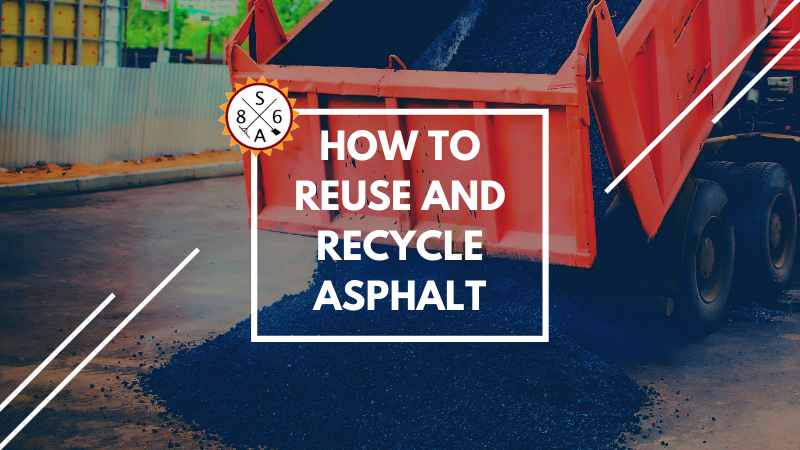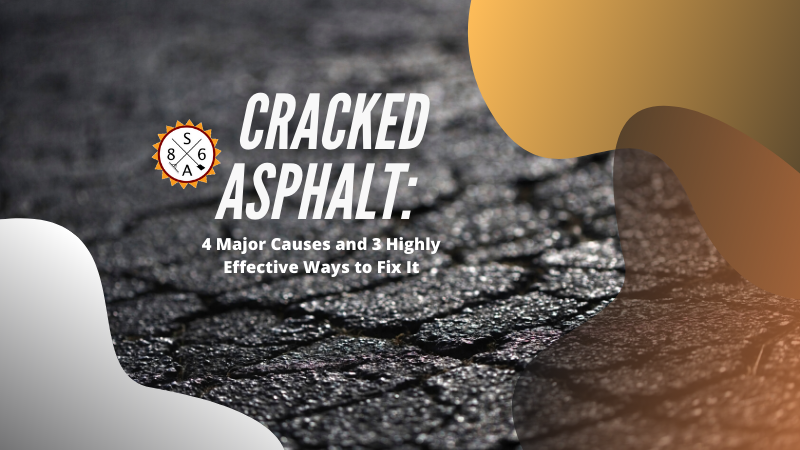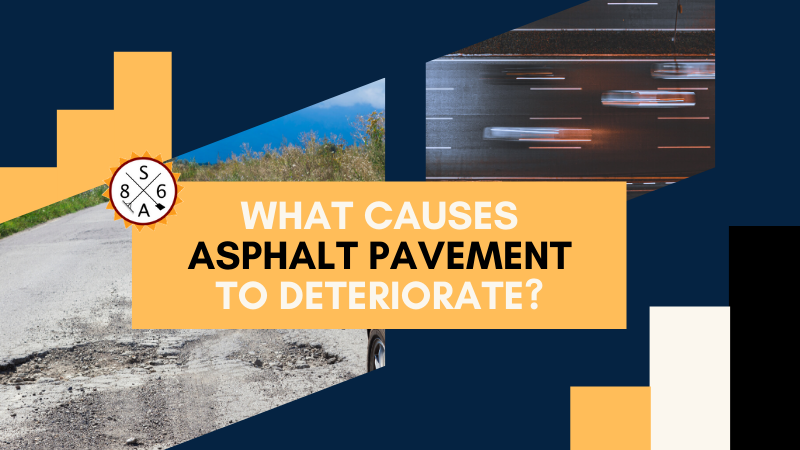
What to Ask a Commercial Paving Company
Anyone that owns or manages a commercial property will know how important it is to have a quality parking lot, walkways, and other paved areas. To ensure the job looks great and the paving lasts for a long time, you need to hire a quality commercial paving company. To ensure that you hire the right company for your needs and situations, you should make sure that you have all of your questions answered. There are three questions in particular that you should ask any commercial paving company.
What Projects Have You Completed Lately?
Whenever you are going to hire any commercial asphalt company, it is always helpful to see the work that they have done in the past. One of the advantages of a pavement contractor is that you are often able to check out the work that they have done for yourself. You should ask a commercial paving company for a list of projects that they have worked on over the past few years.
You should take a look at some recent projects as well as those that were completed a few years back. This will allow you to see what the final product looks like as well as whether the paving holds up to the elements. If you see work that looks sloppy or cracked, it could be a red flag. The contractor should also be able to give references that you could contact to see what their overall experience was like.
What is included in the scope of work?
When hiring a commercial paving company, it is very important to fully understand what you will be getting in your contract. If you ask for multiple bids from different contractors, you should have each contractor carefully list out all of the services that they will be provided along the way. This will make it much easier for you to compare services on apples to apple basis.
Today, many contractors offer a range of different services to their customers. The team at Superior Aggregates, Inc can provide many different asphalt and paving services. This can include design, commercial concrete and asphalt installation services, ongoing maintenance, commercial seal coat, and striping services, as well as many other services that may be needed for your project. By comparing bids, you will get a better sense of whether the offer you are receiving provides you with the most value.
Have you done work in this area?
A commercial asphalt company will ideally be experienced working in your city. There are many reasons why this is advantageous. If they are experienced and licensed in your area, it also means that they have gone through the process of getting all zoning and local approval work done. Depending on where you live, this could end up saving a lot of time and frustration. Additionally, when you are speaking with a pavement contractor, you should also confirm that they are fully licensed, insured, and bonded.
Another reason why local experience is important is that it will ensure the contractor is experienced with working terrain similar to yours. If a contractor is new to your area and is not used to the type of land that your property is situated on, it could lead to challenges that the contractor is not expecting. A local and experienced contractor will have already dealt with these challenges successfully.
Anyone that owns or manages a commercial property will know how important it is to have a quality parking lot, walkways, and other paved areas. To ensure the job looks great and the paving lasts for a long time, you need to hire a quality commercial paving company. To ensure that you hire the right company for your needs and situations, you should make sure that you have all of your questions answered. There are three questions in particular that you should ask any commercial paving company.
What Projects Have You Completed Lately?
Whenever you are going to hire any commercial asphalt company, it is always helpful to see the work that they have done in the past. One of the advantages of a pavement contractor is that you are often able to check out the work that they have done for yourself. You should ask a commercial paving company for a list of projects that they have worked on over the past few years.
You should take a look at some recent projects as well as those that were completed a few years back. This will allow you to see what the final product looks like as well as whether the paving holds up to the elements. If you see work that looks sloppy or cracked, it could be a red flag. The contractor should also be able to give references that you could contact to see what their overall experience was like.
What is included in the scope of work?
When hiring a commercial paving company, it is very important to fully understand what you will be getting in your contract. If you ask for multiple bids from different contractors, you should have each contractor carefully list out all of the services that they will be provided along the way. This will make it much easier for you to compare services on apples to apple basis.
Today, many contractors offer a range of different services to their customers. The team at Superior Aggregates, Inc can provide many different asphalt and paving services. This can include design, commercial concrete and asphalt installation services, ongoing maintenance, commercial seal coat, and striping services, as well as many other services that may be needed for your project. By comparing bids, you will get a better sense of whether the offer you are receiving provides you with the most value.
Have you done work in this area?
A commercial asphalt company will ideally be experienced working in your city. There are many reasons why this is advantageous. If they are experienced and licensed in your area, it also means that they have gone through the process of getting all zoning and local approval work done. Depending on where you live, this could end up saving a lot of time and frustration. Additionally, when you are speaking with a pavement contractor, you should also confirm that they are fully licensed, insured, and bonded.
Another reason why local experience is important is that it will ensure the contractor is experienced with working terrain similar to yours. If a contractor is new to your area and is not used to the type of land that your property is situated on, it could lead to challenges that the contractor is not expecting. A local and experienced contractor will have already dealt with these challenges successfully.




